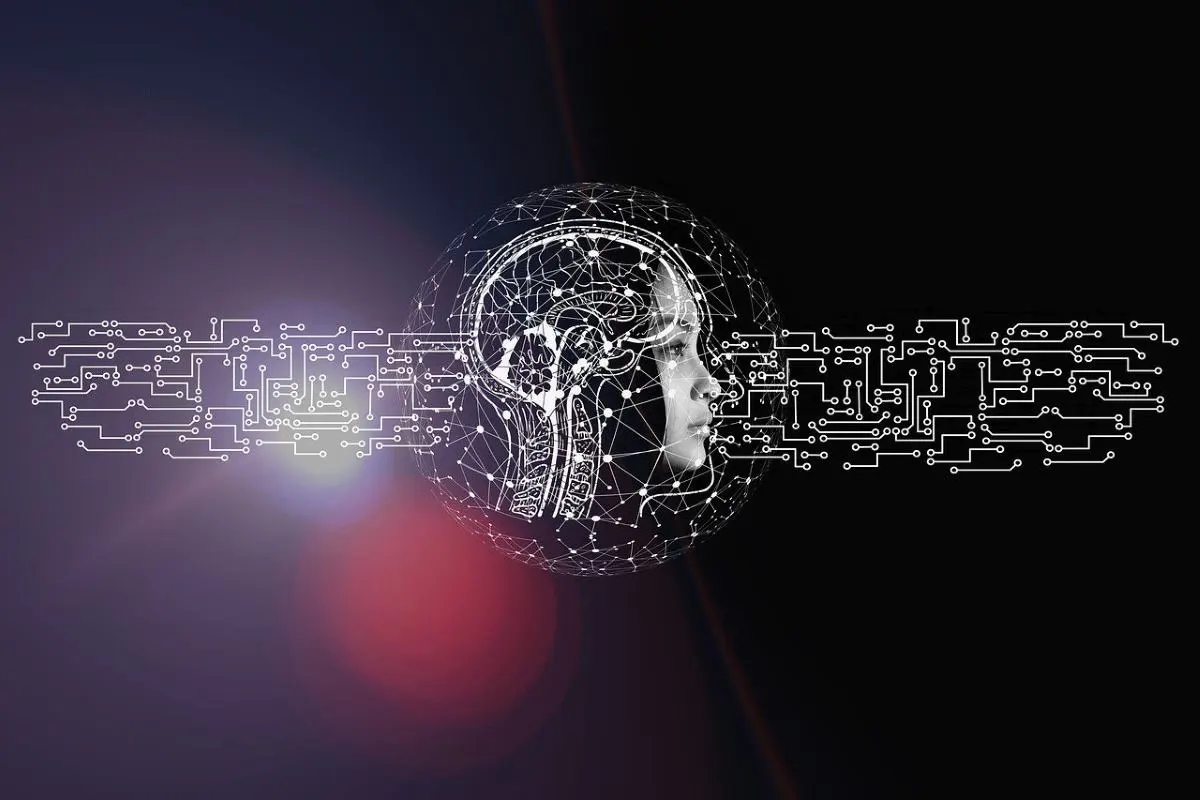Table of Content
- Cultural Sensitivity
- Manipulation and Trust
- Environmental Impact
- Informed Consent
- Long-term Consequences
- Access and Equity
- Accountability and Responsibility
- Conclusion
- Frequently Asked Questions
What are some ethical considerations when using generative ai

Generative AI is a modern and advanced technology that can create music, text, images, and more content using generative AI. But as we explore, its some ethical considerations when using generative AI. Many discussions focus on basic issues like privacy and bias, but there are deeper ethical considerations that deserve attention. In this discussion, we will explore many areas like cultural sensitivity, manipulation and trust, environmental impact, informed consent, long-term consequences and so more.
1. Cultural Sensitivity
Generative AI regularly learns from vast amounts of data, which includes educational references, idioms, and mores from around the world. When it generates content, generative AI can sometimes mistake or misrepresent cultural elements.
For example, a generative AI might create an image or other content that uses symbols from a culture without understanding their significance. This can lead to offense or cultural appropriation, where one culture is used without respect or understanding by another.
To talk about this, developers must list cultural sensitivity. This means referring to cultural experts and confirming that AI systems understand and respect various cultural backgrounds. Being aware of these differences can help create content that is more inclusive and respectful.
2. Manipulation and Trust
As generative AI becomes more advanced, it can produce very realistic fake content, such as deepfake videos or news articles. This increases fears about manipulation.
For instance, if a deepfake video of an official is created, it can mislead people and impact public opinion. Misinformation can spread fast online, making it challenging for people to know what is true and what is not.
To control this issue, it is important to establish clear guidelines for using generative AI. Developers and users should commit to transparency, ensuring that generated content is correct. Educating the public about AI skills can also help them critically assess the information they encounter.

3. Environmental Impact
Training large AI models requires huge computational power, which can lead to significant energy consumption and carbon releases. This environmental health is often overlooked in discussions about generative AI ethics.
As awareness of climate change grows, the tech industry must consider the sustainability of its practices. This includes finding ways to make AI training more efficient and exploring renewable energy sources.
By prioritizing eco-friendly practices, we can develop AI technologies that not only advance innovation but also protect our earth for next generations.
4. Informed Consent
Generative AI can make a content based on individuals' similarities or voices, such as generating a voice clone or a realistic likeness. In these cases, it is vital to obtain informed consent from the individuals involved.
Imagine an artist who finds their image used in an advertisement without their permission. This increases ethical problems about ownership & representation. People should have the right to control how their identity is used, particularly when it is used in commercial contexts.
To ignore this, clear consent processes should be established. Developers should create guidelines that require permission before using someone’s image, ensuring persons have a say in how they are represented.
5. Long-term Consequences
The fast advancement of generative AI can have unpredictable long-term effects on society. For example, as AI-generated content becomes more prevalent, it could change how we communicate and interact with one another.
Think about how social media already affects our life. If AI continues to create content that mimics human interactions, it might alter our expectations of genuine connection. We could find ourselves questioning whether our conversations are with real people or AI systems.
To mitigate potential negative impacts, it’s essential to consider the larger implications of generative AI. Developers, policymakers, and society as a whole should be involved in ongoing discussions about the future of AI and its effects on human interaction, mental health, and community dynamics.

6. Access and Equity
Access to generative AI technology is not equal. While some individuals and organizations can use these tools to enhance their work, others may be left behind due to a lack of resources or knowledge. This can create a digital divide where only certain groups benefit from advancements in AI.
To promote equity, we must ensure that undersold communities and companies have access to AI technologies. This could involve providing training programs, resources, and support to help individuals learn how to use generative AI effectively.
By making AI tools more accessible, we can empower diverse voices and ideas, leading to a richer and more inclusive creative landscape.
7. Accountability and Responsibility
When AI generates harmful or offensive content, questions of accountability arise. Who is responsible for the consequences of that content? Is it the generative ai developer, the user who used AI, or the AI itself?
These questions are complex and require careful thought. As AI continues to evolve, we need to create clear guidelines about responsibility. This includes creating frameworks that hold developers and users accountable for the content they produce or distribute.
Encouraging ethical behaviour in AI use is essential. This might involve training for developers and users, focusing on ethical decision-making and the potential values of their actions.
Conclusion
Generative AI holds incredible potential, but with it comes a range of ethical considerations that must be addressed. From cultural sensitivity and misinformation to environmental impact and access equity, these deeper issues are crucial for creating a responsible and ethical framework for AI use.
By engaging in thoughtful discussions and taking positive steps to address these concerns, we can connect the power of generative AI in a way that benefits everyone while minimizing harm. The goal should be to create a future where technology helps humanity ethically and responsibly, promoting creativity, understanding, and connection among all people.
Frequently Asked Questions (FAQs)
Which of the following is a generative AI application
Some generative AI applications are chatbots, image generation, text-to-video, music composition etc.
Why is controlling the output of generative AI systems important
Controlling the output of generative AI systems is essential to ensure ethical use, prevent misinformation, maintain quality, and build user trust.
what is the main goal of generative ai
The main goal of generative AI is to create new and original content like text, images, or music based on learned patterns from existing data.
Recent Post
- Difference between narrow ai and general ai
- How AI is used in agriculture
- Janitor AI full details in depth with example
- What is the primary advantage of using generative ai in content creation
- ChatGPT features list, JBot, limitations, and benefits for you.
- The importance of computer networking & advantages of network